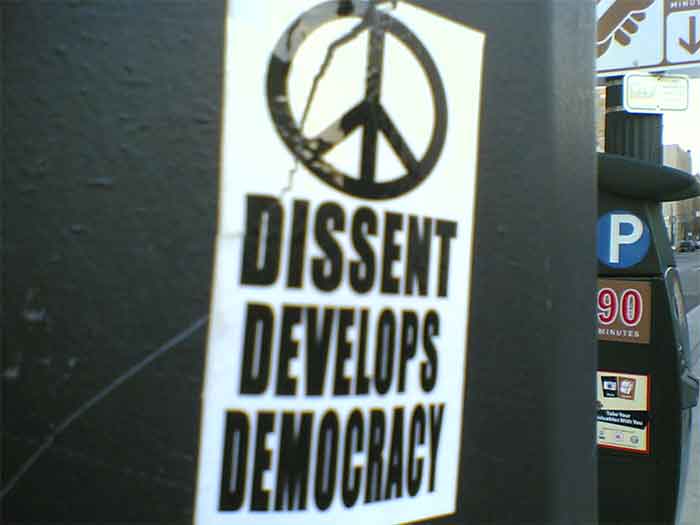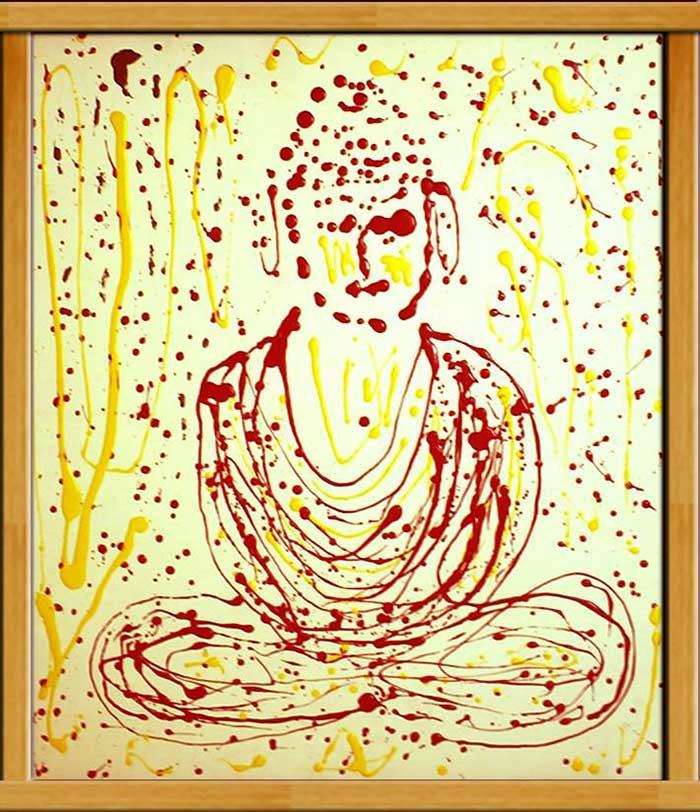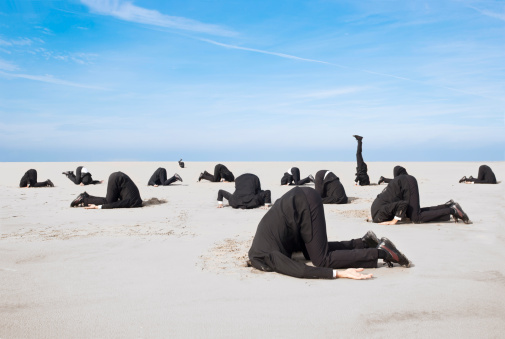
I am trying to wrap my brain around the abyss between pacifism and violence as to the proper means to bring about socio-political change. And as to how to overcome that divide. Though not violent as a person, my basic impulse, my instinct in this regard, is belligerent: ultimately, I believe, it will be necessary to unleash a lethal war to the finish against Power, if only to assuage a burning anger buried in the human psyche against the psychopathological forces of Power intent on the destruction of the world. It is clear that the struggle is unfair since ONLY Power uses violence—primarily violence—a violence masked under countless euphemistic masks. Thus, the conclusion that violence must be confronted with violence … otherwise acceptance of oppression is to be expected. For you have to be blind if you do not see that we live in a Liberal radical chic and fearful society, Power’s victim and its hostage, a society that by its very nature stops short of violence. A society that instead of the necessary a violent response to Power’s violence promotes toothless, repetitive pacifism: furious sit-ins and placard-decorated peace marches and hunger strikes and meaningless condemnations and virulent anti-government articles and videos via the radical alternative media to give vent to the crushed society’s frustrations and the vain hopes of reform of our political parties that are however part and parcel of Power. A society that accepts as given forever the slogan ‘no violence’! A society whose most radical side escalates at most to approval of the destruction of only symbols of Power. But “no” to violence! No violence! That smug part of society that finds satisfaction in its pacifist protests against violent wars in which millions of brown people are dying from record numbers of bombs dropped from the stratosphere. Wars that go on and on and on. Wars planned as eternal wars. Yet, yet, as I mindscape the dilemma and I too begin to escalate my personal protest, it seems clear that if and when protest becomes authentic, it must ineluctably—dialectically—transform and transmute and march at the head of violence … and again, inexorably, to REVOLUTION. Oh, yes, it can take generations but protest must bridge the gulf to the other side, to the antithesis of pacifism, which is perforce violence. Meanwhile, our situation is at the most in flux. Yet, I believe that though the outcome is uncertain, it is fate that society’s violence will overcome Power’s violence. Yes, the change is dialectical. Yes, we need a new thesis. We must reach the other side of the abyss. But how to get there is the point. What will it take to change our mindscape from pacifism to violence. From peace marches to revolutionary upheaval. What is to be done? Over and over I ask myself that question. What is to be done?
Dialectical materialism was the Weltanschauung of the Soviet Communist Party because its “method” of studying the phenomena of nature is dialectic: thesis, antithesis, synthesis and resulting new thesis. At the same time its conceptual “method” of perceiving the phenomena is materialistic. Historical materialism is the application of the dialectical method to the study of the development of society.
Contrary to metaphysics, dialectics, (from the Greek dialego, to discourse), does not regard nature as an accidental agglomeration of phenomena, unconnected with each other, but as whole in which things are determined by each other and can be understood only as such. Contrary to metaphysics, dialectics holds that nature is in continuous change and development, where something is always developing and something always dying away. The dialectical method considers that which is arising and developing as the most important.
I was searching through my bookcases for Lenin’s State and Revolution, when I stumbled onto a thin black hardcover book … no title, no author, a blank cover. Inside the forty-eight page booklet the English text of Dialectical and Historical Materialism by Joseph Stalin, published in 1940 by International Publishers, New York. A sticker on the inside cover shows the used book was purchased at the famous old Saville Book Shop , on P Street NW, in Georgetown- Washington, D.C. I assume while I completed a course at Georgetown University. The same text is available on Internet under the book title.
An editor’s note in the book explains that Stalin’s text was included in the History of the Communist Party of the Soviet Union being compiled at the time. That Stalin wrote the text which formed the cornerstone of the political doctrine of the Soviet Union will surprise those readers who think of him as a culturally ignorant tyrant
Stalin writes that contrary to metaphysics, the essence of dialectics is that quantitative changes lead to qualitative changes which occur rapidly, in the form of a leap from one state to another. Not circular movement, nor repetition, but as an onward and upward movement, as a transition from an old qualitative state to a new one, from the lower to the higher. Stalin cites Engels’ The Dialectics of Nature to make his point: “In physics … every change is a passing of quantity into quality…. For example, the temperature of water has at first no effect on its liquid state, but as the temperature of liquid water rises or falls, the moment arrives when … the water is converted in one case into steam and in the other into ice.”
Thus, Stalin writes, according to the dialectical method the process of development from the lower to the higher level does not take place harmoniously but as a disclosure of the contradictions inherent in things, as a struggle of opposite tendencies. “In its proper meaning,” Lenin writes in Philosophical Notebooks, “dialectics is the study of the contradiction within the very essence of things.
Stalin then plunges the dagger into the heart of Capitalism: “… if the passing of slow quantitative changes into rapid and abrupt qualitative changes is a law of development, then it is clear that revolutions made by oppressed classes are a quite natural and inevitable phenomenon. Hence, the transition from capitalism to socialism and the liberation of the working class from the yoke of capitalism cannot be effected by slow changes, by reforms, but only by a qualitative change of the capitalist system, by revolution. Hence, in order not to err in policy, one must be a revolutionary, not a reformist.”
Therefore, also, Stalin continues: “We must not … try to check the class struggle, but carry it to its conclusion …. One must pursue an uncompromising proletarian class policy, not a reformist policy of harmony of the interests of the proletariat and the bourgeoisie, not a compromiser’s policy of ‘the growing of capitalism into socialism.’”
“Force is the midwife of every old society pregnant with a new one.”
Thus, those who follow in the footsteps of the persons who effected the greatest social revolution in modern history must re-evaluate and ultimately discard non-violence as a feasible route to bring about socio-political change. Non-violence is part and parcel of the Liberal mindset. Forever foolishly quixotic.
Gaither Stewart is a reporter, novelist, and essayist on historical and cultural topics. His observations, often controversial, are published on many venues across the web. He’s based in Rome.
GET COUNTERCURRENTS DAILY NEWSLETTER STRAIGHT TO YOUR INBOX















































